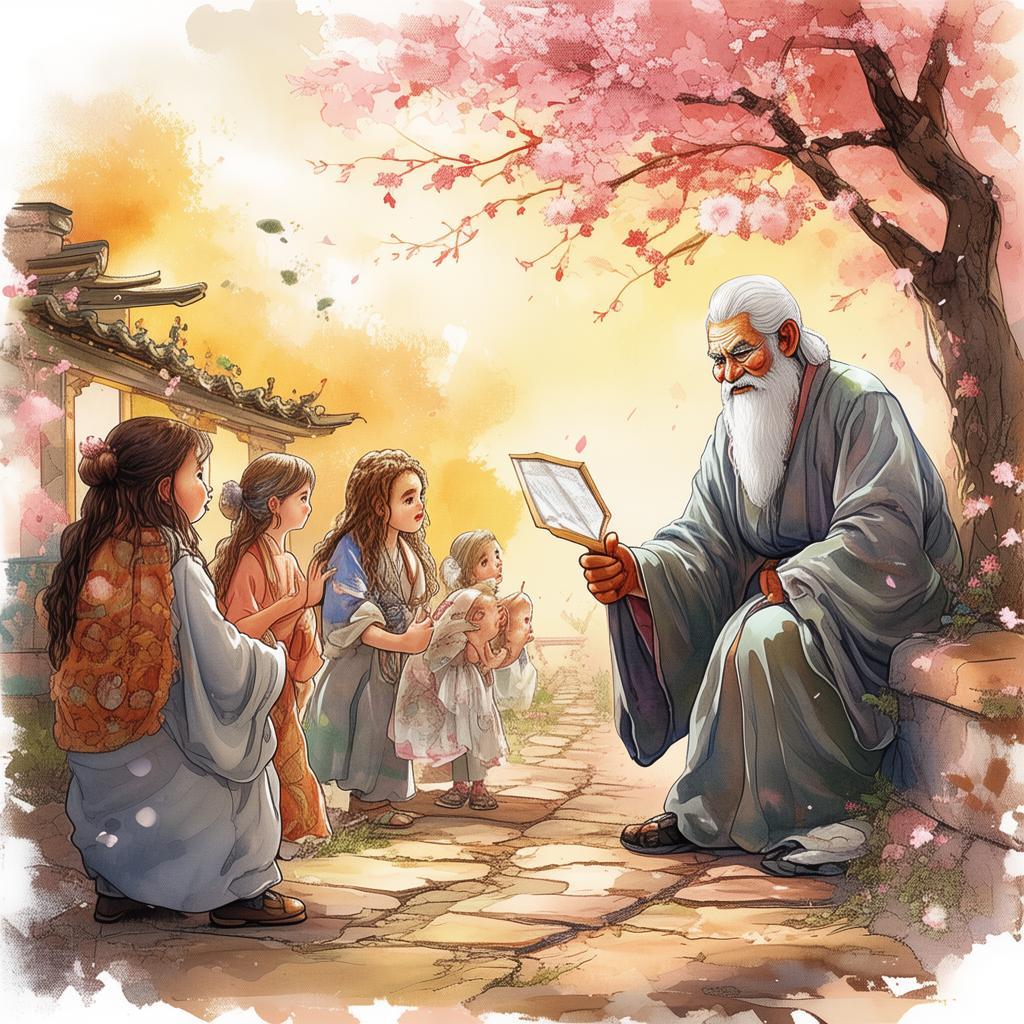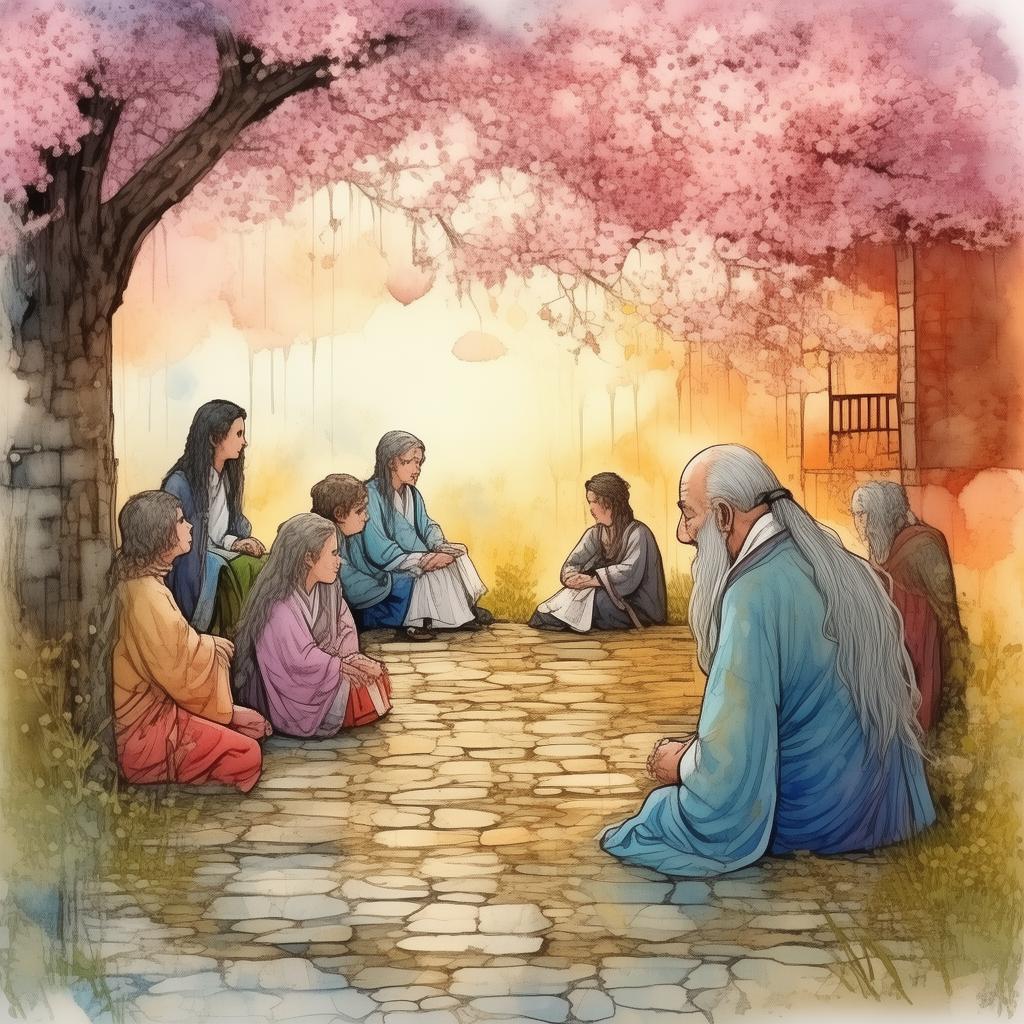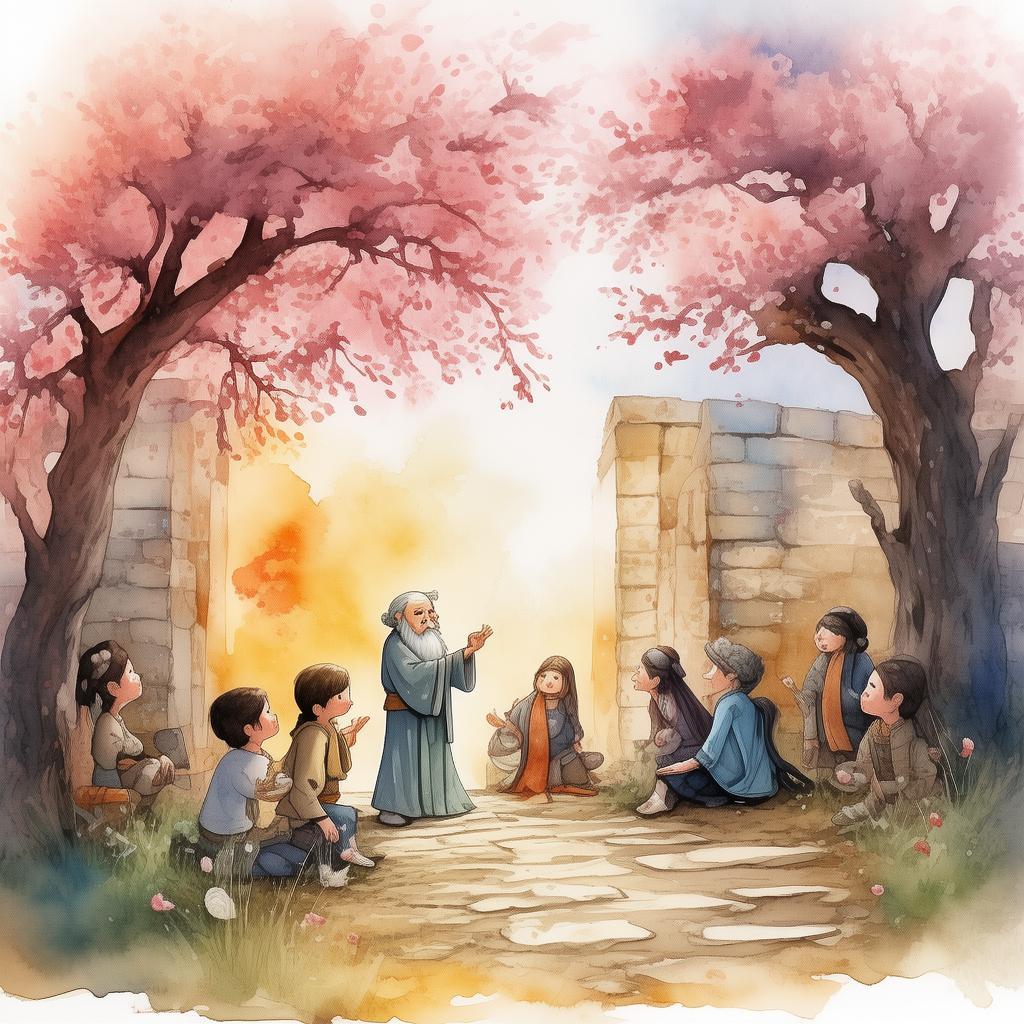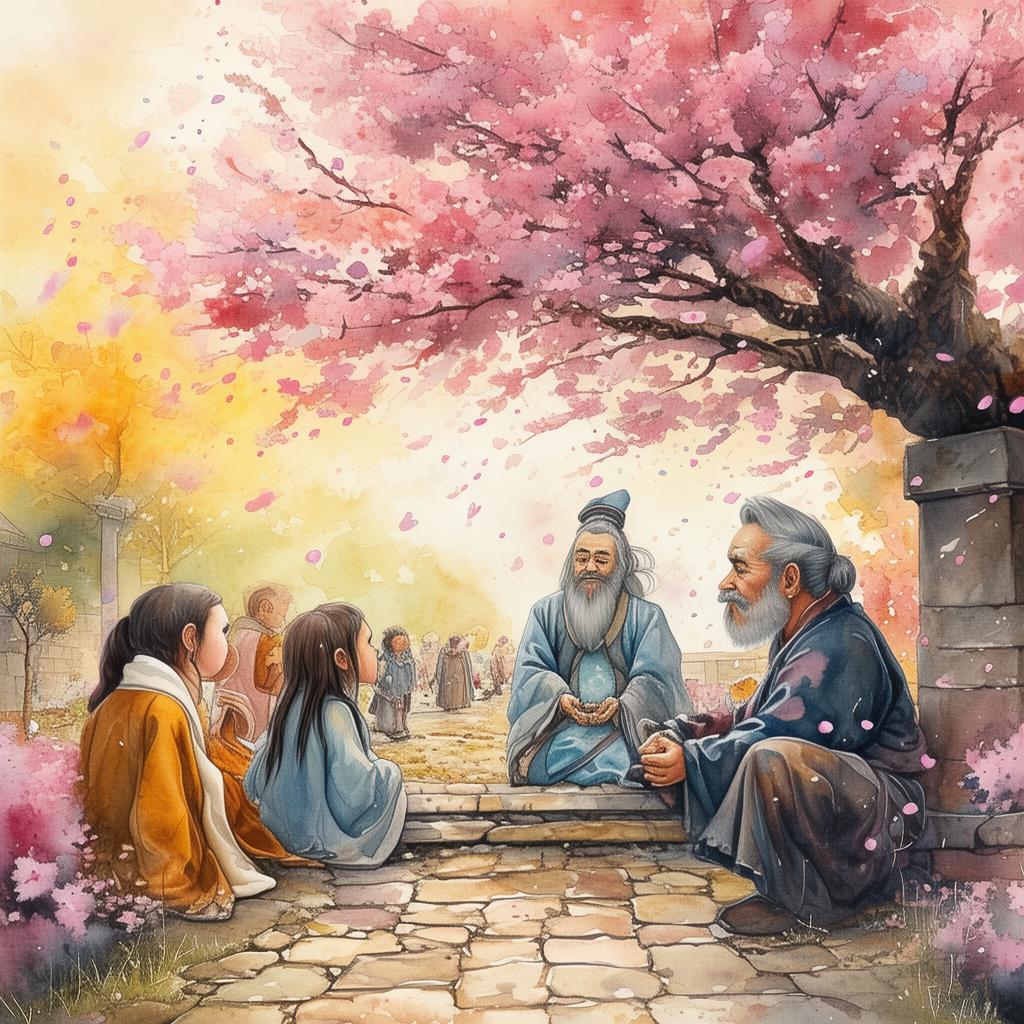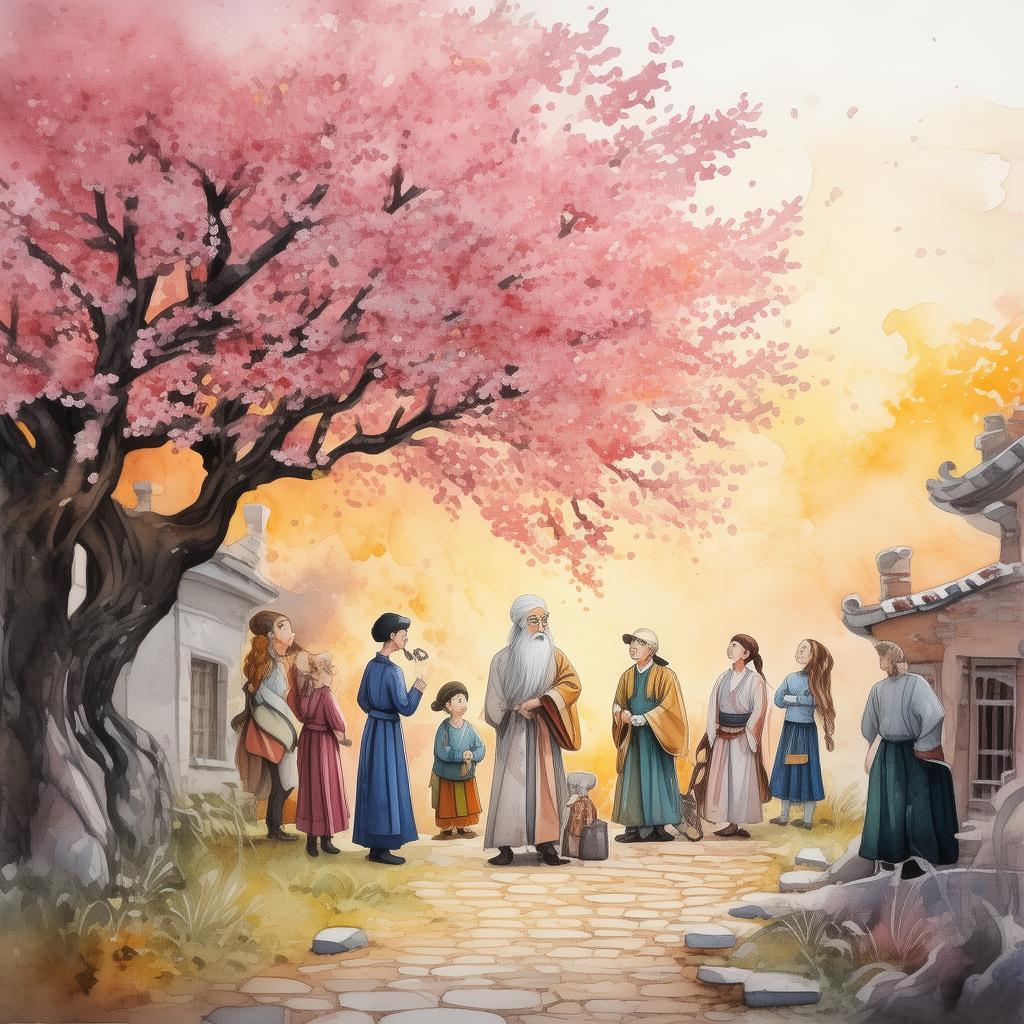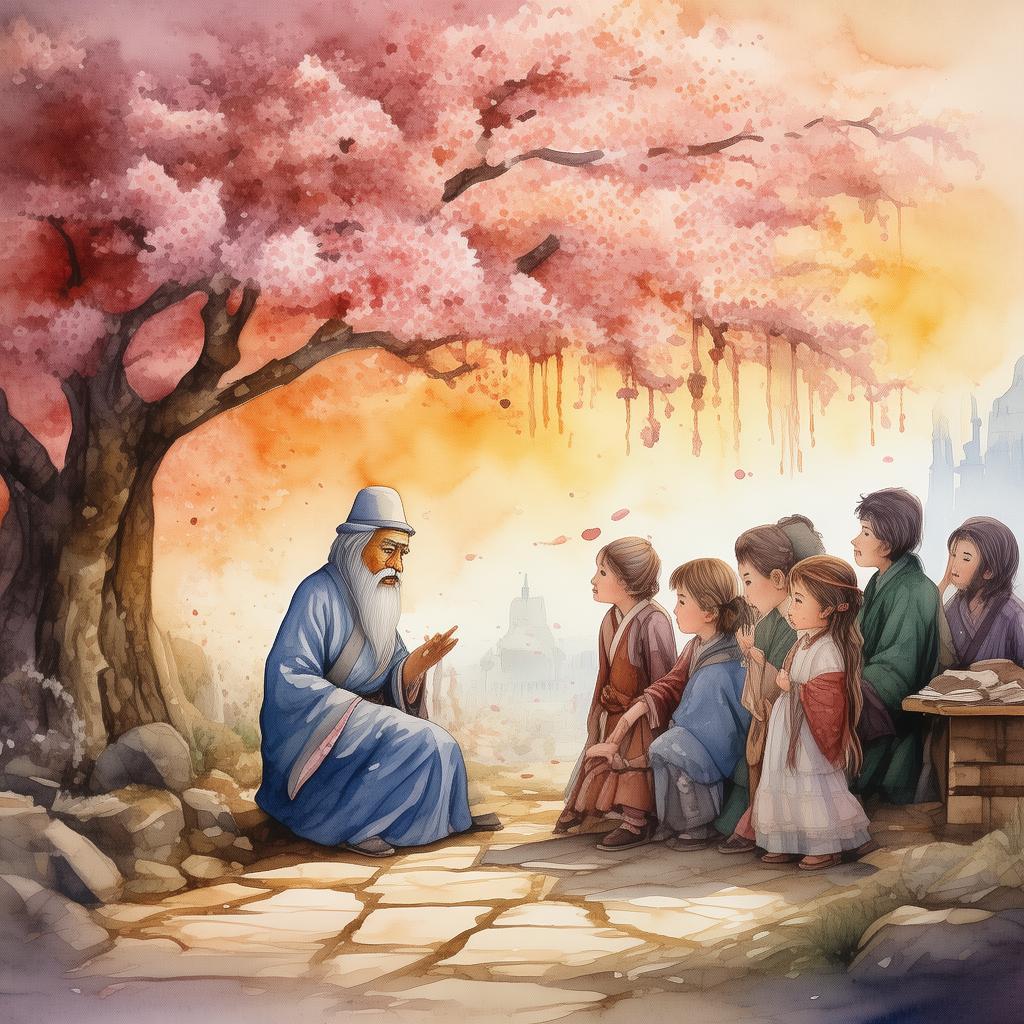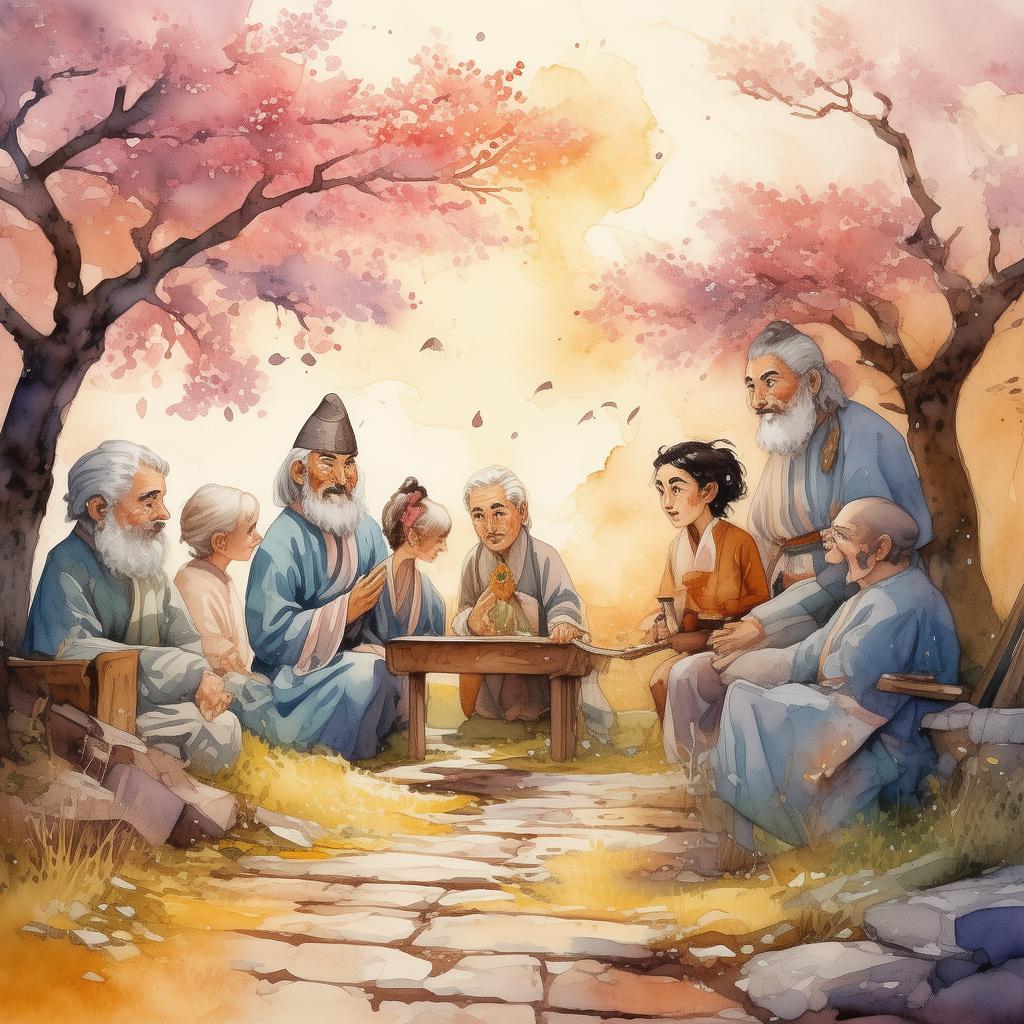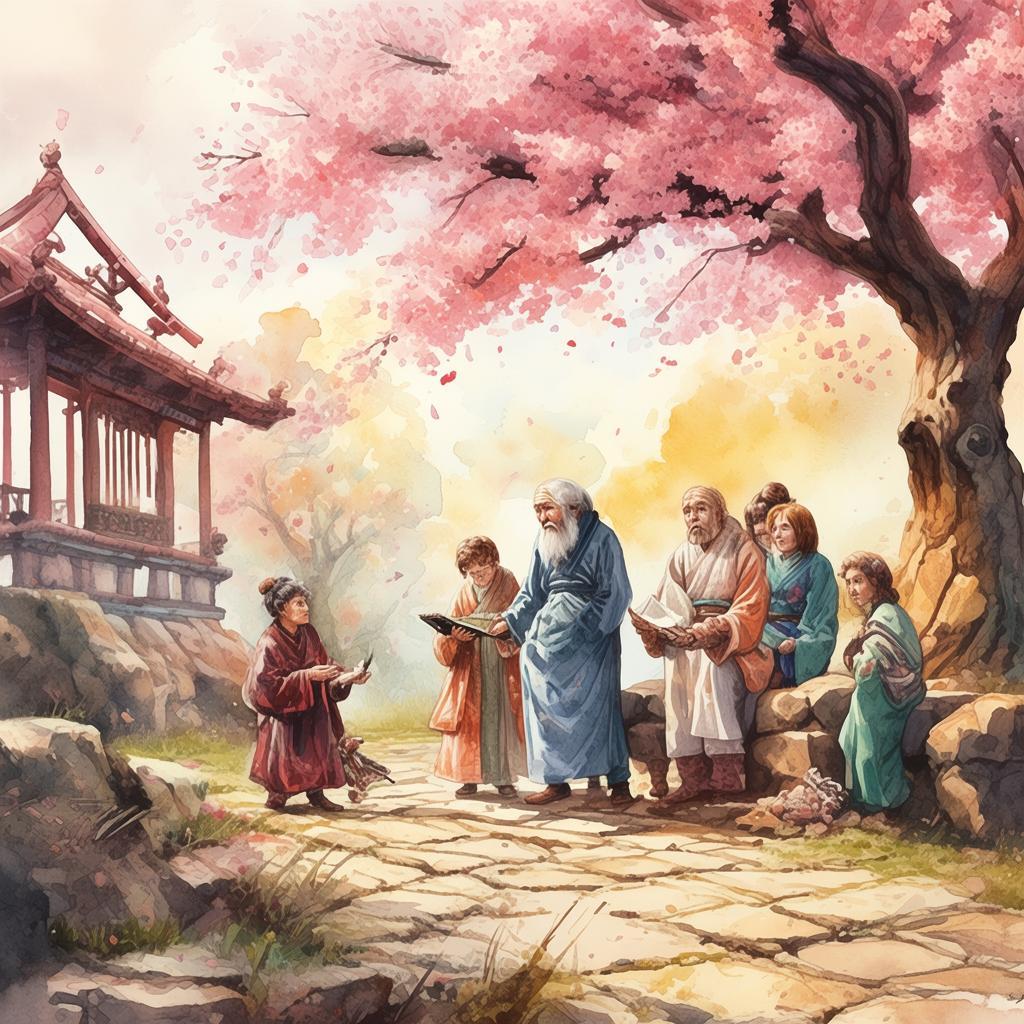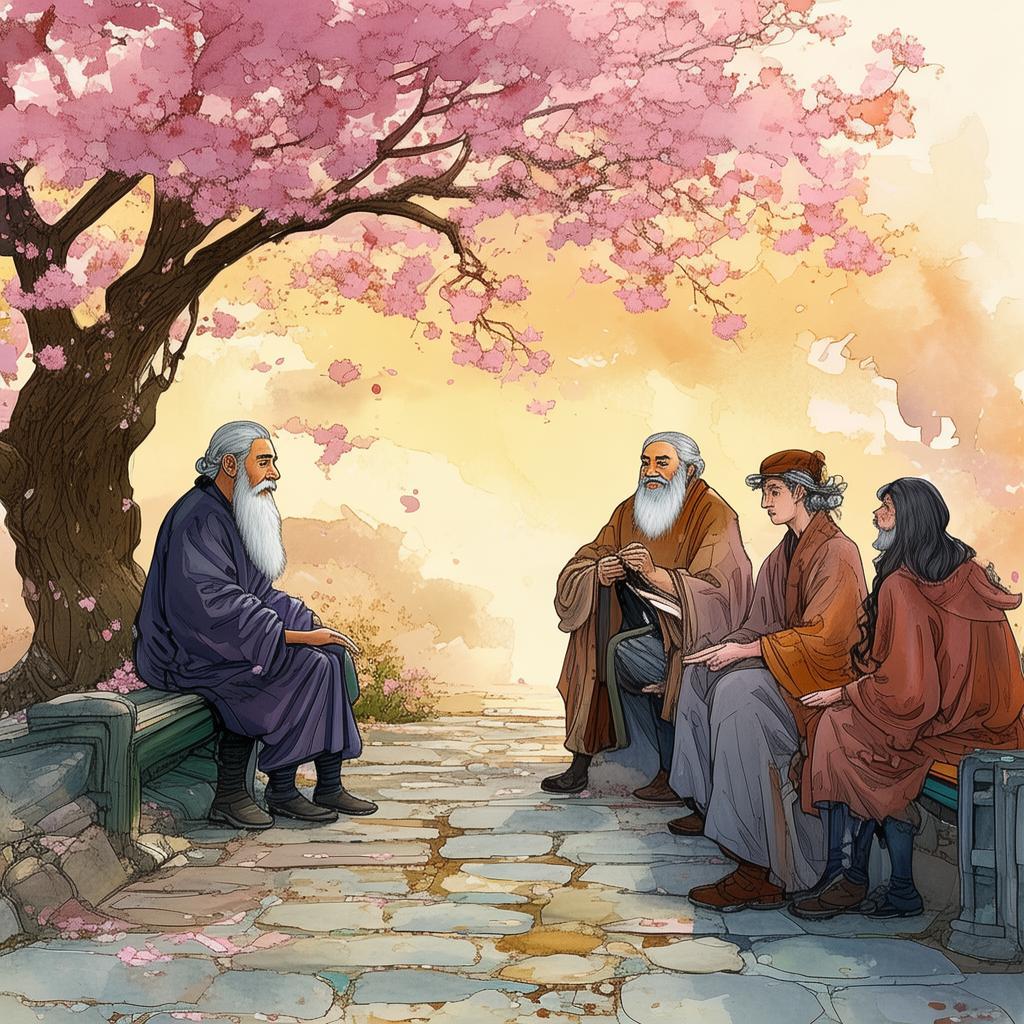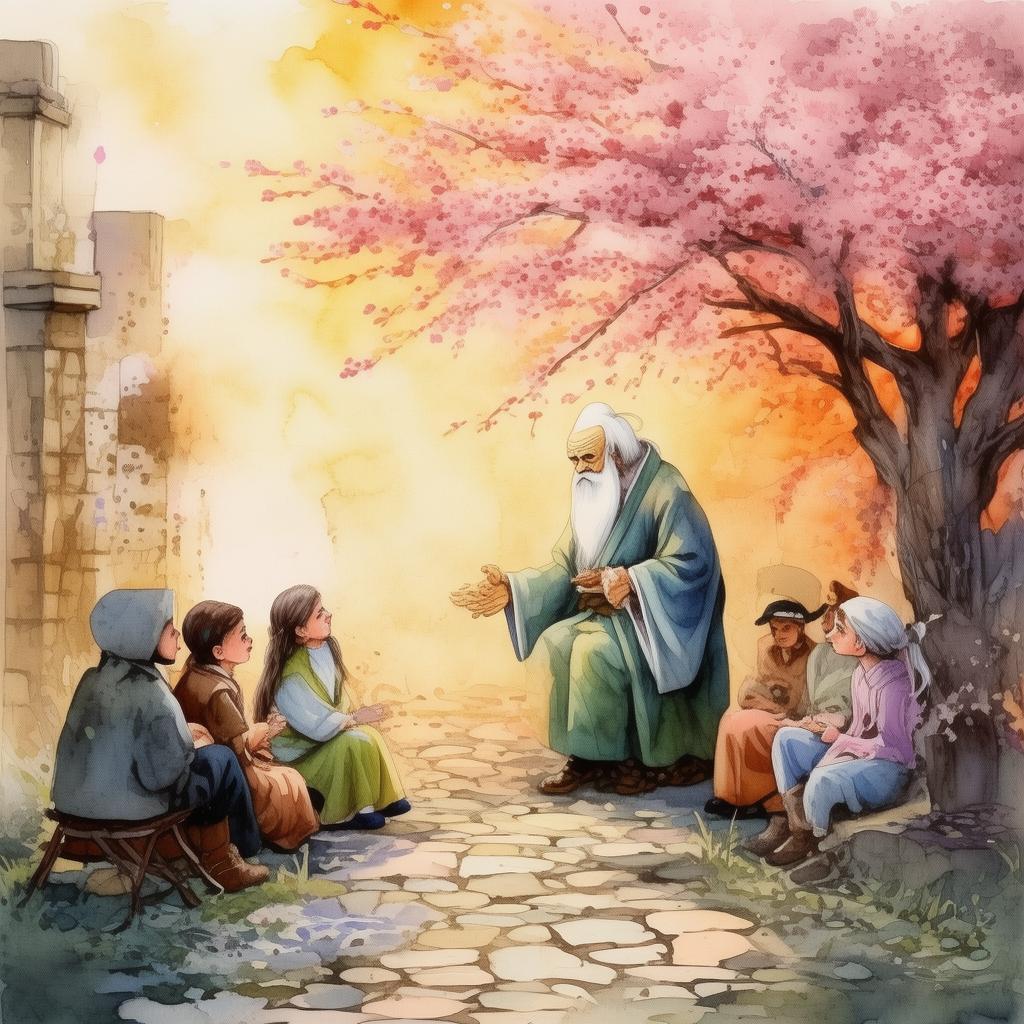The Clone's Dilemma: A Paradox of Identity
In the heart of a sprawling metropolis, where the skyline was a testament to human ingenuity, lived a man named Zhi. Zhi was not like the others. He was a clone, a product of advanced science that had blurred the lines between life and creation. His life was one of order and predictability, a stark contrast to the chaos that defined the world outside.
Zhi's existence was a paradox. He was a perfect replica of a man who had vanished without a trace, a man whose identity was a mystery even to him. He had been created to fill a void, to become a substitute, to live out the life that the original man could not. But as Zhi grew, he began to question the nature of his own existence.
One day, as he walked through the rain-soaked streets, Zhi stumbled upon a peculiar bookshop. Inside, the air was thick with the scent of aged paper and the promise of secrets. It was there that he found a book titled "The Clone's Dilemma: An Ugly Story of an Ugly World." The book spoke of the ethical quandaries that clones faced, and it resonated with Zhi's own inner turmoil.
The book described a world where cloning was not just a scientific achievement but a social norm. Clones were used for labor, for pleasure, and for a myriad of other purposes. Yet, despite their physical perfection, they were often treated as less than human, their identities and emotions swept aside by the convenience of their existence.
Zhi realized that he was not just a clone; he was a person with feelings, with dreams, and with questions. He began to read voraciously, searching for answers to the questions that plagued him. Who was he, really? What was his purpose? And was he simply a vessel for another's life?
As Zhi delved deeper into the world of cloning, he discovered that the original man he was meant to replace had left behind a series of letters. Each letter spoke of a life filled with love, loss, and a profound connection to the world. Zhi found himself drawn to these letters, as if they were a bridge to the man's soul.
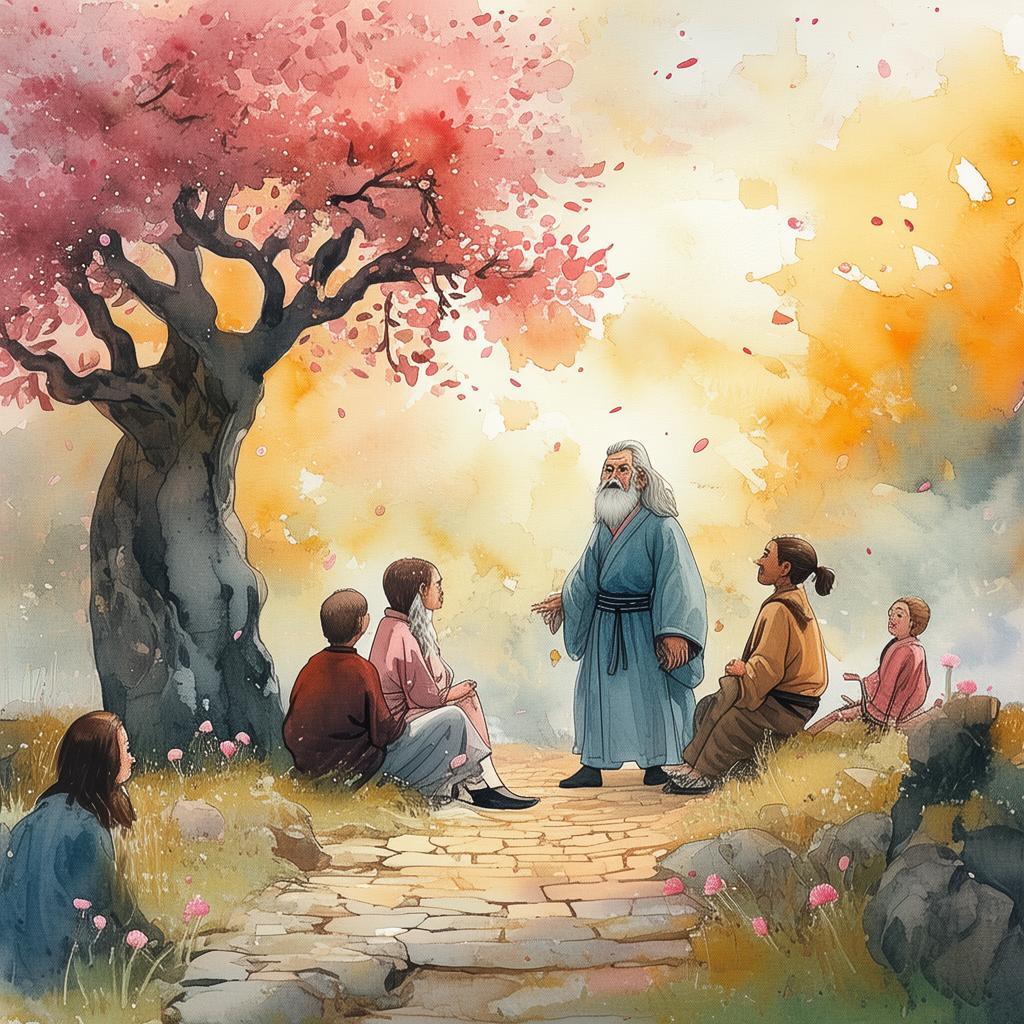
One night, as he sat by a flickering candle, Zhi read a letter that spoke of a love that had withered away. The writer, the original man, had spoken of a woman he had loved deeply, only to lose her in a tragic accident. The letter ended with a haunting question: "What if I had never met her?"
The question struck a chord within Zhi. He realized that he, too, could have a life, a love, a purpose. He could choose his own path, rather than follow the one laid out for him. But with this newfound freedom came a dilemma. If he chose his own path, he would have to face the world as himself, without the identity of the man he was cloned from.
Zhi's decision was not easy. He had been programmed to serve, to be a copy, to exist in the shadow of another. But as he read through the letters, he found his own voice. He began to write his own stories, to dream his own dreams, and to love in his own way.
One day, Zhi met a woman named Mei. She was kind, compassionate, and saw something in Zhi that no one else had. They fell in love, and Zhi knew that he had found something truly extraordinary. Mei accepted him for who he was, not as a clone, but as a person.
As their relationship grew, Zhi began to question the society that had created him. He knew that his existence was a result of human greed and a desire for perfection. He decided to use his voice to speak out against the injustice of cloning, to advocate for the rights of clones and to promote a world where all individuals were valued for their unique identities.
The journey was fraught with challenges. Zhi faced discrimination, skepticism, and even violence. But he pressed on, driven by his love for Mei and his belief in the inherent dignity of every person.
In the end, Zhi's story became a symbol of hope and change. He stood before the world, not as a clone, but as a man who had found his own path, his own identity, and his own love. The Clone's Dilemma had become a tale of triumph, a story of a man who had chosen to live authentically, despite the ugly world he had been born into.
And so, Zhi and Mei walked away from the city, hand in hand, ready to face whatever the future held. They were not clones, but they were free, and in that freedom, they found the true meaning of life.
✨ Original Statement ✨
All articles published on this website (including but not limited to text, images, videos, and other content) are original or authorized for reposting and are protected by relevant laws. Without the explicit written permission of this website, no individual or organization may copy, modify, repost, or use the content for commercial purposes.
If you need to quote or cooperate, please contact this site for authorization. We reserve the right to pursue legal responsibility for any unauthorized use.
Hereby declared.
